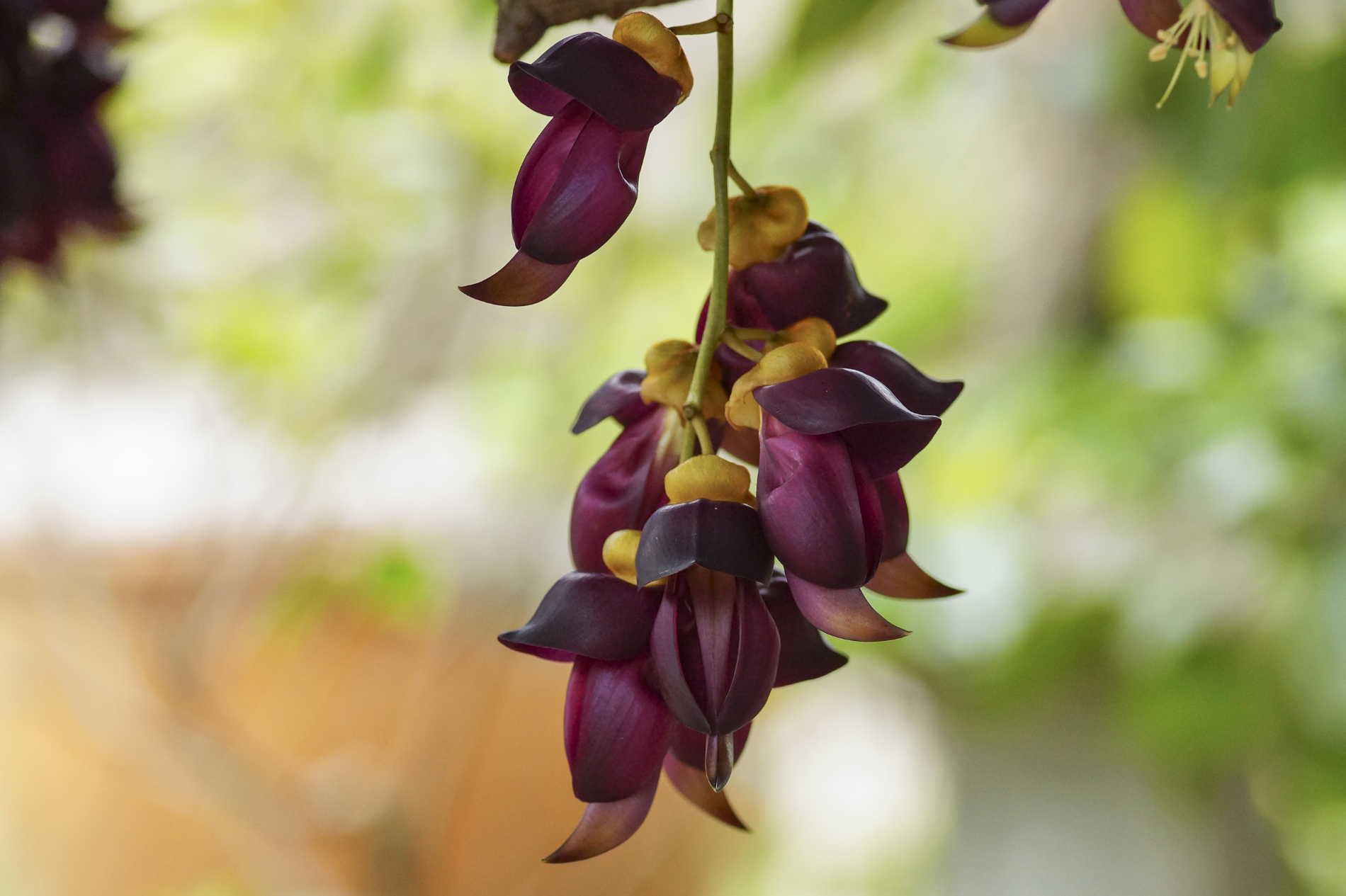The power of herbal medicine: a holistic treatment method
Herbal medicine, also known as phytotherapy, is a tried and tested method for natural healing and promoting well-being. By using healing plants, natural substances are used to gently support the body and activate its self-healing powers.
The history of phytotherapy
The use of plants to cure diseases goes back a long way and is firmly rooted in many cultures and traditions. Even in ancient times and in ancient China, plants were used for medicinal purposes. Knowledge about the healing power of plants has been passed down from generation to generation and has evolved over time.
The diversity of medicinal plants
Nature offers a wealth of medicinal plants that can be used for a variety of ailments and illnesses. From chamomile and St. John’s wort to ginseng and echinacea – each plant has its own unique properties and effects on the human body. By combining different plants, individually tailored remedies can be produced to meet the specific needs of each patient.
The mode of action of herbal medicine
Phytotherapy affects the body in many different ways. The active ingredients contained in the plants can be anti-inflammatory, pain-relieving, calming, strengthening or immunostimulating. They support the body in restoring its balance and fighting diseases in a natural way. In contrast to synthetic medicines, which are often associated with side effects, the side effects of herbal remedies are generally minor and well tolerated.
The use of herbal medicine
Phytotherapy can be used in many different ways. Herbal medicines can be taken in the form of teas, tinctures, capsules, ointments or essential oils or applied externally. They can be used to treat acute complaints such as colds, gastrointestinal complaints or skin problems as well as for supportive therapy for chronic diseases such as diabetes, high blood pressure or rheumatism.
The importance of a holistic approach
A central aspect of phytotherapy is its holistic approach to the human being. Instead of just treating the symptoms, the person is considered as a whole – body, mind and soul. The choice of medicinal plants is therefore not only based on the physical symptoms, but also takes into account the patient’s individual constitution, lifestyle and emotional state. This holistic approach not only combats the illness, but also uncovers and eliminates the causes of the imbalance in the organism.
The role of the phytotherapist
Natural health is a comprehensive concept that emphasizes the harmony of body, mind and spirit. Through a holistic approach based on nutrition, exercise, stress management, sleep and natural remedies, people can promote their health naturally and achieve a long-term sense of well-being and vitality. It is important to harness the wisdom of nature and cultivate a conscious lifestyle that supports and maintains natural health.
The future of herbal medicine
At a time when many people are looking for natural and holistic treatment methods, phytotherapy is experiencing a renaissance. More and more people are discovering the healing power of plants for themselves and are turning to gentle therapies with few side effects. Modern research is also helping to expand and deepen our knowledge of how herbal remedies work and how they can be used.
Summary
Phytotherapy offers a holistic and natural alternative to conventional medicine. The use of healing plants can alleviate many ailments and strengthen the body’s self-healing powers. With its holistic approach and wide range of applications, phytotherapy is a valuable addition to healthcare and a way to improve well-being and quality of life.




